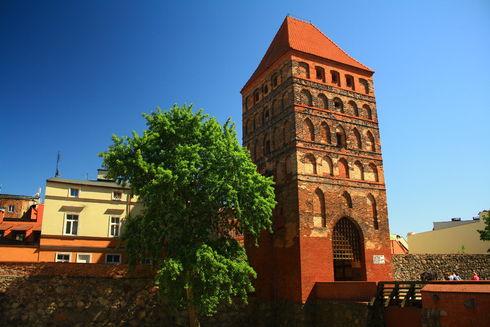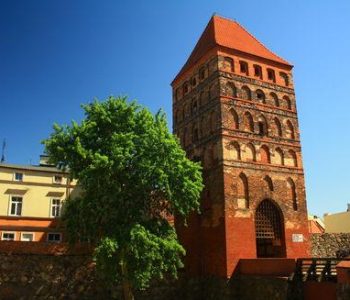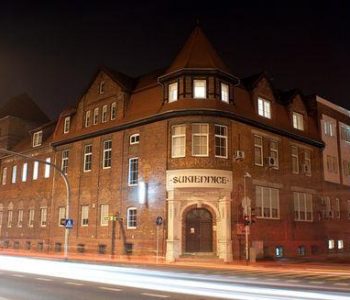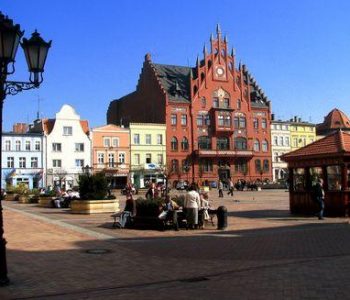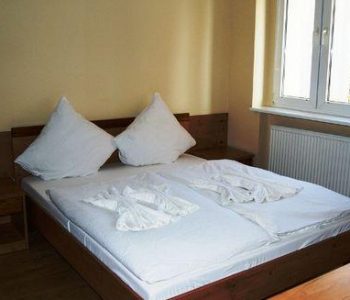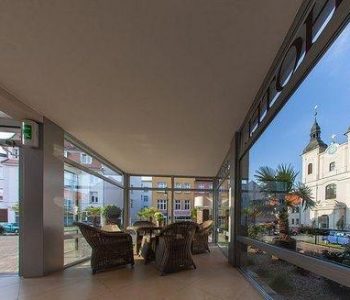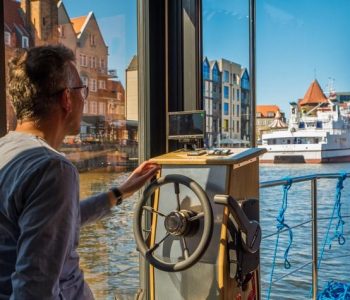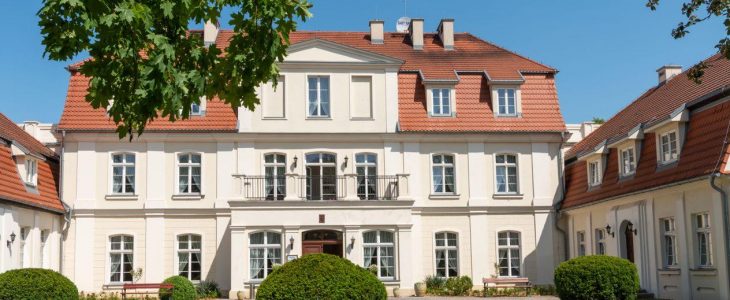The gates constituted a significant element in the town’s defensive system. All of them had drawbridges at the front, with bridgeheads protecting it from the other side.
In the case of the Człuchów Gate, these were called Słoń (the Elephant) and Byk (the Bull). A six-floor gate was built on a square plan in the Pomeranian Gothic style. Its first floors form an entrance, with doors which are considered to have led to rooms with a mechanism for lifting the portcullis and the drawbridge.
Throughout history the gate has served different purposes. It was used as a watchtower and armoury, then it functioned as a prison for municipal residents. This is when the inscriptions engraved on the brick walls come from. The gate was also a bell tower for Protestant Churches. Today, it houses the exhibition rooms of the Historic and Ethnographic Museum.
The Museum’s collection has been divided into four sections: archaeological, historical, ethnographical, and artistic. The last one is located on the top floor and hosts temporary exhibitions. It overlooks the town from four different directions, offering magnificent views.

